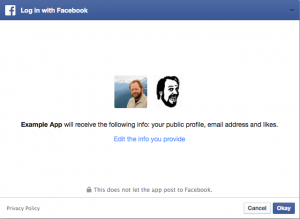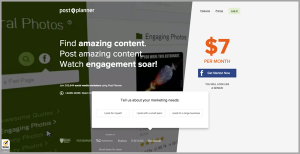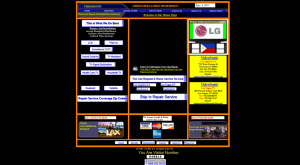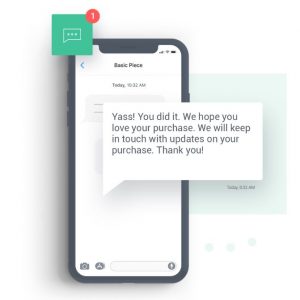You might be wondering if cover letters are really necessary anymore. In some cases, they aren’t. However, many job applications will ask for one – in that case, an effective cover letter is absolutely necessary and provide you a chance to stand out.
When it comes to writing a cover letter, think of it as your written self-introduction. With that in mind, like any good introduction, the goal is to keep it simple and to the point. The goal of your cover letter is to provide all the right information in an accessible manner so that the person reading it can decide almost instantly whether you are worth pursuing or not. This means making your unique selling points jump off the page.
Worried your cover letter isn’t up to the mark? Make sure you follow these tips to get things off to the right start.
Simplicity
A good cover letter is concise. You should stick to short sentences and avoid content that is ambiguous and disjointed. The key behind a good cover letter isn’t about wow-ing the hiring manager with fancy words, but instead getting them curious about your work enough to invite you for an interview.
If it looks too long, it is
A cover letter should never be longer than 1 page. If it is, do some editing – chances are there’s an area you’ve repeated yourself or say too much. Keep in mind that when someone is skimming a cover letter, they are likely not going to read every work. Bullet points can help you get key facts out in a way that’s easy for any reader to understand.
Personalize the letter
First, check if the job application requires you to address the cover letter to someone specifically. Some companies will do this as a test to see how detail-oriented a job applicant is. If there’s no direction, address the letter to the recruiter directly. In most cases, the recruiter’s name is on the job posting. If it’s not, check who the head of talent is at the company you’re applying to with a LinkedIn search – it’s worth the time to identify a real person because it shows you care enough about the role to put in some effort.
It’s ok to self-promote
The point of an effective cover letter (or job application in general) is to get an interview. That means you need to show your strengths as soon as possible. Don’t be afraid to be specific about which skills you have that match the job description. Further, do a bit of research on the company’s culture or values so you can show how yours align with the company’s. It’s another way to put you ahead of the pack since it shows you have confidence in yourself and did additional research on the company.
Be specific about your contribution
Your resume will highlight everything you’ve done that’s relevant to the role. However, in a world where technology is increasingly reading resumes and cover letters, the more specific you can be about what you did, provided, or accomplished, the better. Employers want proof that you can do what you say you can, so provide that proof with results you have achieved in other roles.
Include a call-to-action
Finish with a specific action you would like them to take, for example, “I would like the opportunity to discuss this matter further with you” or “I would like to set up an interview with you next week to talk more about this opportunity”. Be specific with what you want to happen next even if it is just you committing to a follow up call. If the job description gave specific timelines or other requirements, such as a technical assessment, state clearly that you’re excited for that next step.
Want to get ahead at work? Make sure you have these skills.
Business & Finance Articles on Business 2 Community
(55)








